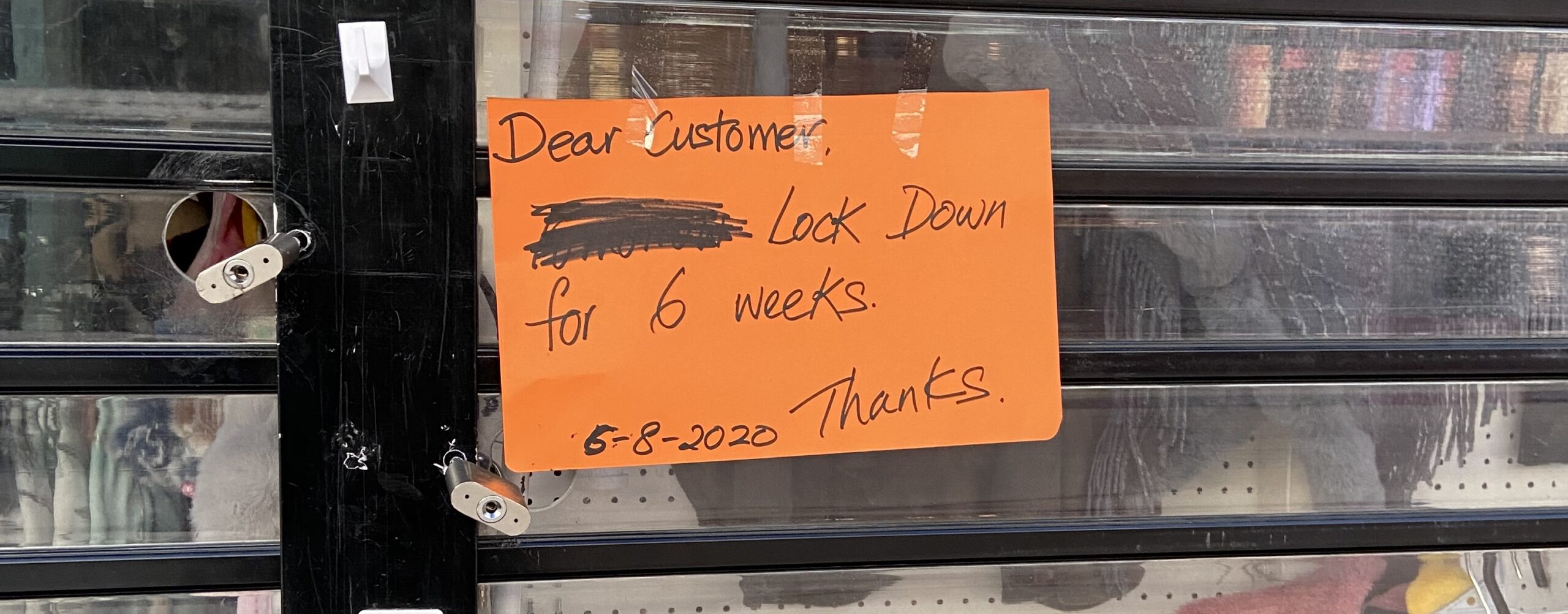businesses and disrupting industries at an unprecedented scale. While some enterprises adapted, innovated, and persevered, others faced insurmountable challenges, leading to their demise. The aftermath of the pandemic has shown that, for some businesses, recovery remains an elusive goal.
One of the primary reasons some businesses have been unable to recover is the prolonged and stringent lockdown measures imposed to curb the spread of the virus. Many small and medium-sized enterprises (SMEs) lacked the financial resilience to withstand extended closures, leading to permanent closures. The restaurant industry, for instance, was hit hard, with countless eateries forced to close their doors permanently due to capacity limitations and reduced customer confidence.
Another key factor contributing to businesses’ struggle to recover is the shift in consumer behavior. The pandemic accelerated the adoption of e-commerce and remote work, altering the way people shop, dine, and conduct business. Businesses that were slow to adapt to these changes found themselves at a competitive disadvantage. Brick-and-mortar retailers, travel agencies, and office space providers are just a few examples of industries that may never fully regain their pre-pandemic prominence.
Furthermore, supply chain disruptions and increased production costs due to COVID-19 measures also impacted some businesses’ ability to recover. Manufacturers faced challenges in securing raw materials and delivering products, leading to increased expenses and delays, which eroded profit margins and damaged long-term viability.
In conclusion, while many businesses have displayed remarkable resilience in the face of the COVID-19 pandemic, others have been unable to recover from the prolonged lockdowns and shifts in consumer behavior. The pandemic has taught us valuable lessons about adaptability and preparedness, and its lasting impact on some industries serves as a stark reminder of the importance of resilience and innovation in the face of unforeseen challenges.

